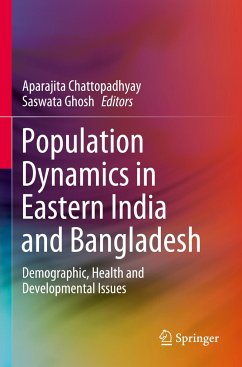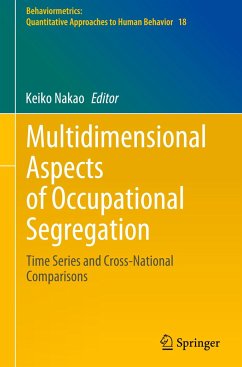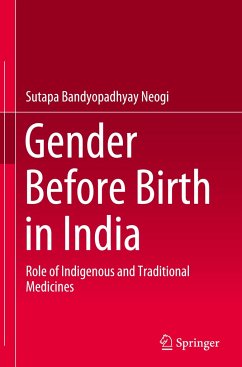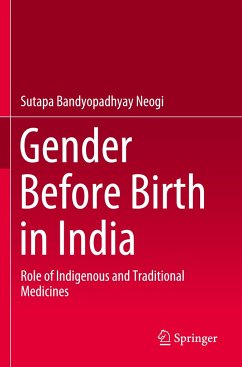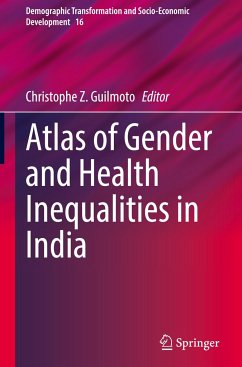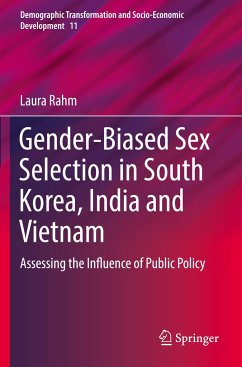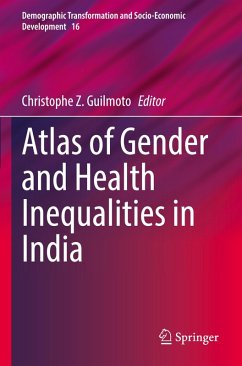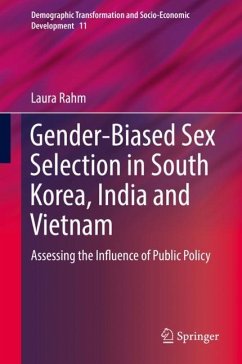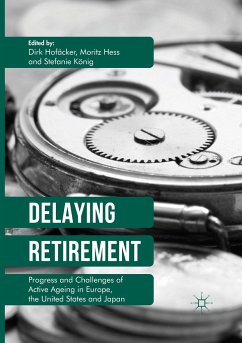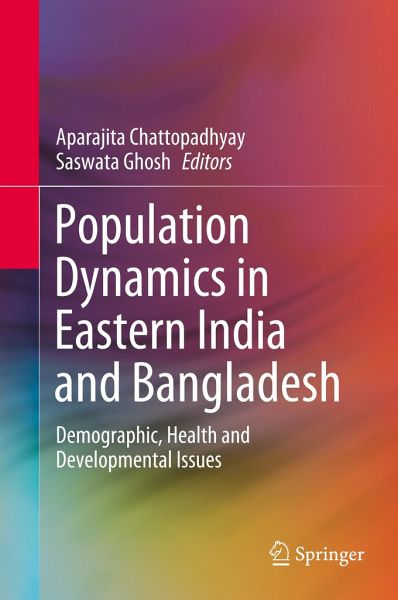
Population Dynamics in Eastern India and Bangladesh
Demographic, Health and Developmental Issues
Herausgegeben: Chattopadhyay, Aparajita; Ghosh, Saswata

PAYBACK Punkte
38 °P sammeln!
This book highlights historical and current perspectives on population issues in the Bengali-speaking states of India (i.e., West Bengal, Tripura, Assam) and Bangladesh and explores three core population dynamics: fertility, mortality-morbidity and development. Furthermore, it presents a selection of revealing cases from area-specific micro-studies, mainly conducted in West Bengal and Bangladesh. The book covers various demographic and health issues in these two regions, which are similar in terms of several sociocultural aspects, yet dissimilar in terms of their policies and programs. Adoptin...
This book highlights historical and current perspectives on population issues in the Bengali-speaking states of India (i.e., West Bengal, Tripura, Assam) and Bangladesh and explores three core population dynamics: fertility, mortality-morbidity and development. Furthermore, it presents a selection of revealing cases from area-specific micro-studies, mainly conducted in West Bengal and Bangladesh. The book covers various demographic and health issues in these two regions, which are similar in terms of several sociocultural aspects, yet dissimilar in terms of their policies and programs. Adopting an integrated approach that combines various disciplines and perspectives, it explores highly topical issues such as social inequality, religious difference and mental health. The book is intended for a broad readership interested in population studies, sociology and development, including academics, researchers, planners and policymakers.





